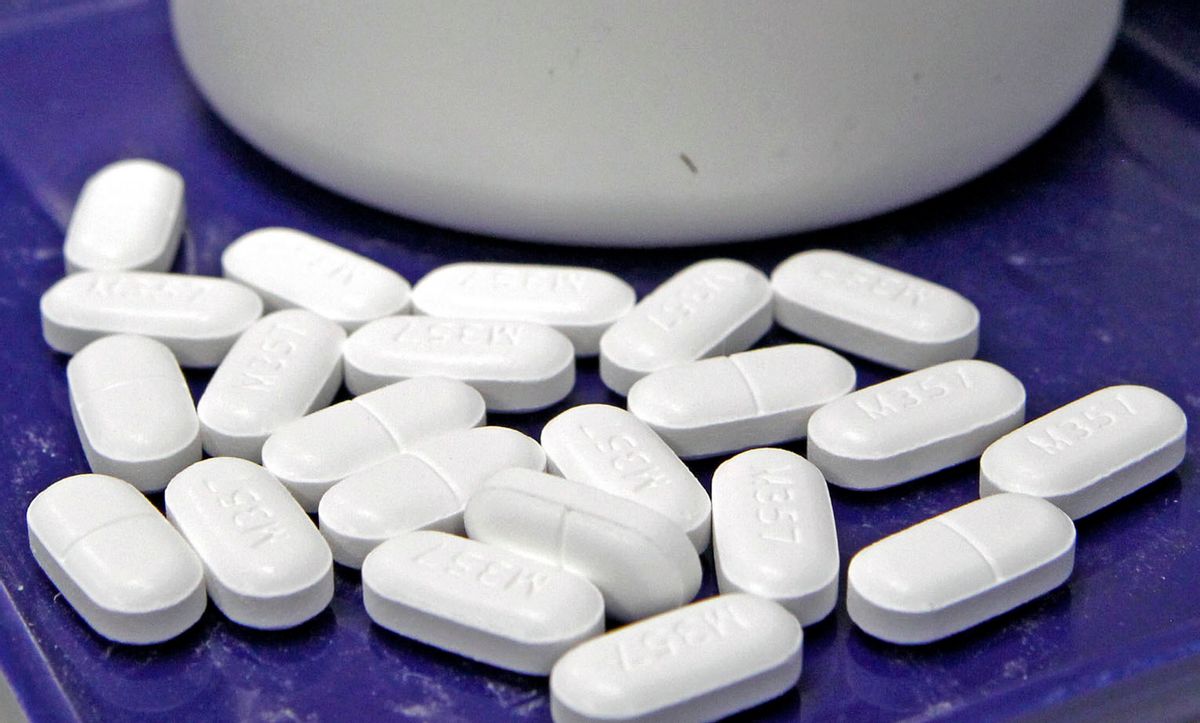Do you overeat? Did your boyfriend just break up with you? Does no one return your emails? Do you fall asleep at night and wake up in the morning? If so, you may be suffering from mental illness! Mental illness is a highly stigmatized, life-long condition, which millions do not even realize they have and only a pharmaceutical drug can fix, claims Big Pharma and its operatives.
Few marketing gambits have been as successful as Pharma’s elevation of everyday symptoms into “mental illness.” The campaign has enabled Pharma to aggregate “patient” groups to petition lawmakers, insurers and Medicaid and Medicare for payment of high-priced psychiatric drugs. It has allowed groups like the Pharma-funded Active Minds and NAMI to infiltrate college campuses and proclaim the ups and downs of growing up and college life are “mental illness" — thus growing the market. And now it has even infiltrated Boston’s Museum of Science.
Last spring, an exhibit called Many Faces of Our Mental Health debuted at the museum, taking Pharma’s everyone-is-mentally-ill message to museum-goers and the general public. Visitors to the exhibit “might gain new insights and better understand the complex nature of mental health,” said the press release. They might “reflect on how mental health affects their own lives or the lives of friends and family.” Hey, they might have a mental illness, too!
Funders of the exhibit included the Pharma-backed NAMI and the Sidney R. Baer Jr. and Sidney A. Swensrud foundations, both of which stress screening and early intervention for childhood “mental illness.” Both mechanisms are widely seen as a way to grow the market for psychiatric drugs. In fact, the Baer Foundation funds the Pharma-funded Joan Luby, who not only finds mental abnormalities in toddlers but also thinks they are present in “late preterm” babies!
There is no biological test for mental illness — whether depression, anxiety or bipolar disorder — and until recently, depression and anxiety were not even considered mental illnesses. Now, television drug ads, faux patient groups and faux public service announcements and online quizzes have produced a groundswell of self-diagnosed "mentally ill" people. Pharma-funded patient groups like Active Minds and NAMI have even made the badge of mental illness “cool” on high school and college campuses.
“When insurers balk at reimbursing patients for new prescription medications,” says the Los Angeles Times, these groups “typically swing into action, rallying sufferers to appear before public and consumer panels [and] contact lawmakers.”
With an estimated one-quarter of the population now taking expensive psychiatric drugs, Pharma’s everyone-is-mentally-ill ploy enriches Wall Street and raises our health care costs. Gone are the days when bad moods were attributed to problems with finance, romance, debt, jobs, housing, careers, family, marriages and health. Worse, Pharma’s everyone-is-mentally-ill ruse siphons off legitimate activist anger at a government system that keeps people poor and powerless by suggesting they have a personal problem and the answer is a happy pill. Also known as — retreat into individualism.
“People living with mental illness can lead very productive lives and this exhibition highlights this important concept,” said Christine Reich, vice president of exhibit development and conservation, about the Museum of Science exhibit adding this commercial for expensive Pharma drugs: “Mental illness is greatly affect[ed] by the treatment options that are available.”


Shares